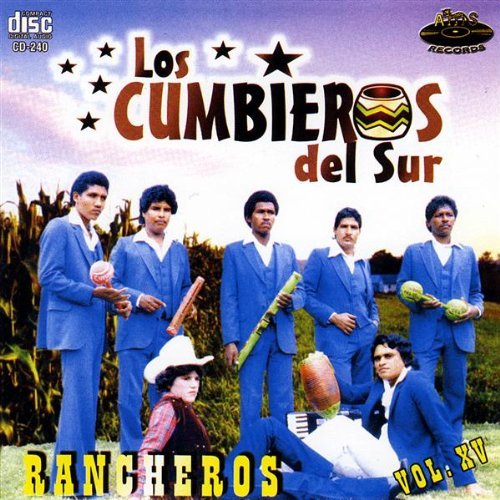
Building on work in feminist studies, queer studies and critical race theory, this volume challenges the universality of propositions about human nature, by questioning the boundaries between predominant neurotypes and 'others', including dyslexics, autistics and ADHDers.
This is the first work of its kind to bring cutting-edge research across disciplines to the concept of neurodiversity. It offers in-depth explorations of the themes of cure/prevention/eugenics; neurodivergent wellbeing; cross-neurotype communication; neurodiversity at work; and challenging brain-bound cognition. It analyses the role of neuro-normativity in theorising agency, and a proposal for a new alliance between the Hearing Voices Movement and neurodiversity. In doing so, we contribute to a cultural imperative to redefine what it means to be human. To this end, we propose a new field of enquiry that finds ways to support the inclusion of neurodivergent perspectives in knowledge production, and which questions the theoretical and mythological assumptions that produce the idea of the neurotypical.
Working at the crossroads between sociology, critical psychology, medical humanities, critical disability studies, and critical autism studies, and sharing theoretical ground with critical race studies and critical queer studies, the proposed new field - neurodiversity studies - will be of interest to people working in all these areas.







